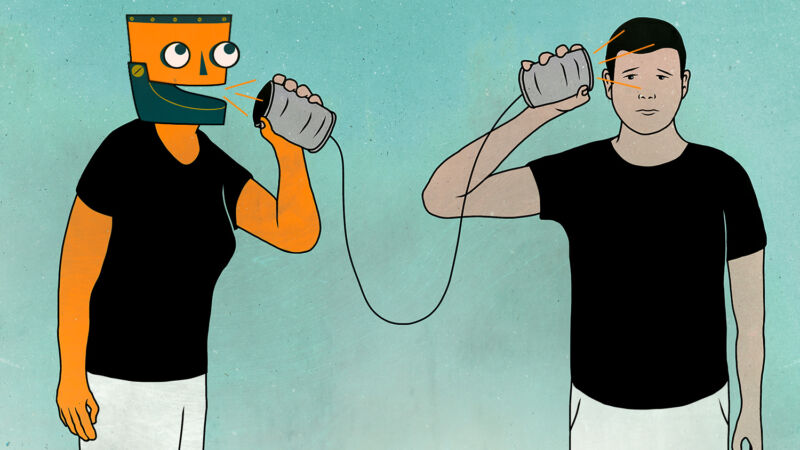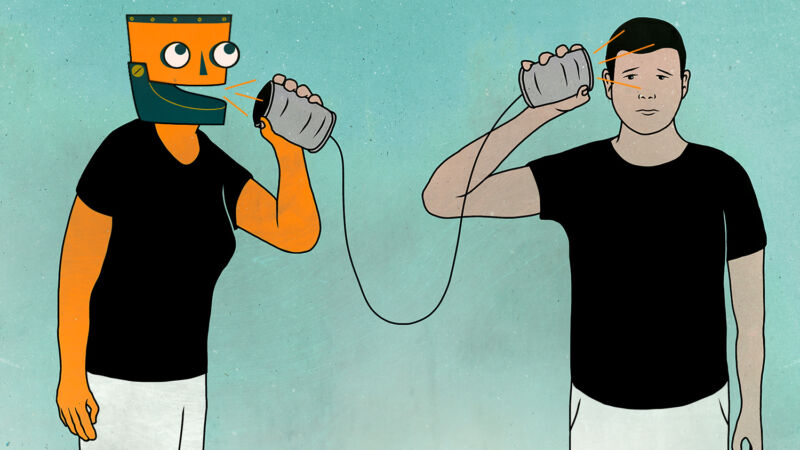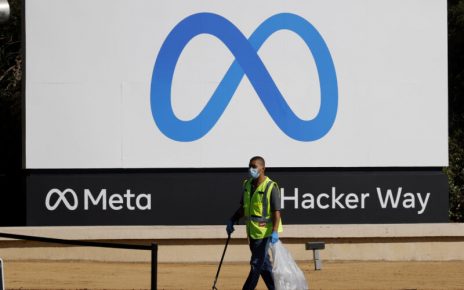
Enlarge (credit: Aurich Lawson | Getty Images)
A Supreme Court ruling today in favor of Facebook limits the reach of a 1991 US law that bans certain kinds of robocalls and texts. The court found that the anti-robocall law only applies to systems that have the ability to generate random or sequential phone numbers. Systems that lack that capability are thus not considered autodialers under the law, even if they can store numbers and send calls and texts automatically.
Advocates say the ruling will make it harder to block automated calls and texts, potentially unleashing a “flood” of new robocalls.
The ruling “nullifies one of the most important protections against unwanted robocalls: the Telephone Consumer Protection Act’s (TCPA) prohibition against autodialed calls and texts to cellphones without the called party’s consent,” said the National Consumer Law Center (NCLC), which had filed a brief in the case.





